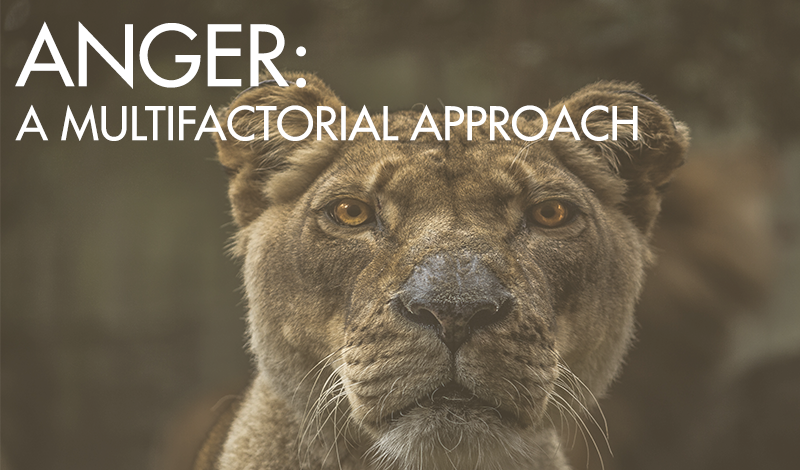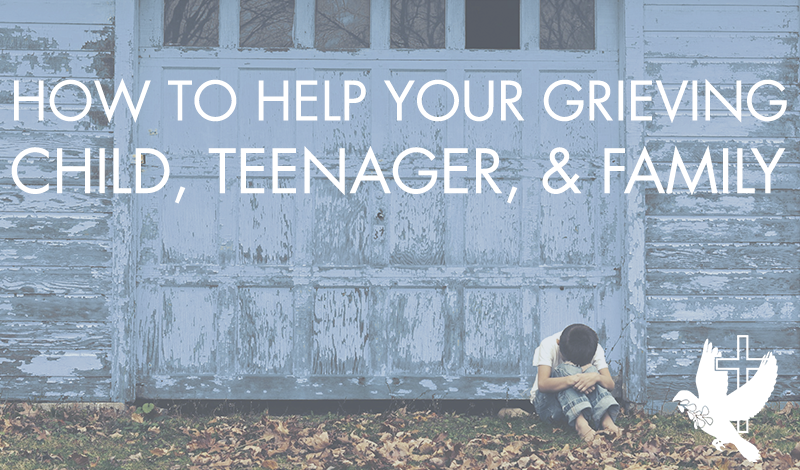-
The Therapy is in the Question
Have you ever asked someone a question, only to have them answer with another question? It’s annoying! Isn’t it? In counseling sessions, you may notice that your therapist will do this to you a lot! Why do therapists ask so many questions? In short, that is where the therapy is! I asked…
-
Anger: A Multifactorial Approach
by Darrell Provinse, MA, LPC, NCC, Director and CEO Anger. What is it? Anger is a God-given emotion that gives us energy to protect someone else or ourselves, or to take action against an injustice. Anger itself is not wrong. What we do with anger or in anger can be…
-
When Life Goes Off The Road
by Byron Loy, MA, LPC, LCPC, CRADC There are times in life when no physical pain can compare with the emotional pain we feel from grief and loss. On a cold November night in Michigan, two days after I turned eighteen, I fell asleep at the wheel on my way…
-
How to Help Your Grieving Children, Teens, and Families
By Lisa Mottola Ernst, MSW, LCSW In working with grieving children, teens and families, I get many questions concerning children and their ability to grieve. Before answering these questions, it is important to note that children grieve differently than adults. For them, the loss of a parent, sister, brother, grandparent,…




